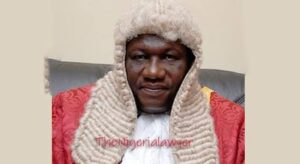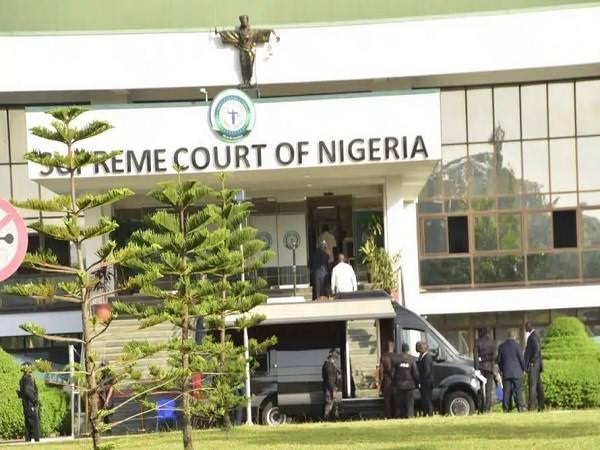The recent release of the Certified True Copy (CTC) of the Supreme Court judgment on local government autonomy has thrown more light on the tenure of office for local government Chairmen and councillors in the country.
Several states in the past have practiced a three-year tenure for chairman and councillors in council.
But the judgement delivered by judgement delivered by Justice Mohammed Garba and six others on May 11, 2024 says contrary as the Certified True Copy (CTC) of the ruling was recently made public.
According to the CTC of the judgment, local government chairmen and councillors will enjoy a four-year tenure, similar to state and federal executives.
The Supreme Court judgment stressed that local government areas (LGAs) are constitutionally the third tier of government, with guaranteed political and financial independence. The apex court Constitution provides for 768 local government areas in Nigeria, with elections to be conducted promptly.
“It is, therefore, unfortunate that some states do not even bother about conducting elections into local government councils as required by the relevant laws of their Houses of Assembly.
“Under Section 135(3) of the Constitution, the tenure of four years for the president, provided for by Section 135(2) thereof, shall be extended for periods not exceeding a period of six months at any time by a resolution of the National Assembly if it is not practicable to hold elections.
“By the same token, by a law of a State House of Assembly, the tenure of local government councils can be legally extended for any reason, such as insecurity or war, if it becomes impracticable or impossible for elections into the local government councils to be conducted.
“The mandate given to an elected local government council is the mandate of the electorate of that local government area, and if the tenure is extended, it is the people’s mandate that is extended.
“If the tenure of a local government council is truncated, as it is the norm now, it is an illegal termination of the electorate’s mandate, and it is not to be encouraged but roundly condemned.
“By the doctrine of separation of powers, it is the constitutional duty or function of the Legislature to make laws, which include amendments and repeals, and the duty of the judiciary is to interpret the laws to achieve the intended purpose of the legislation,” Justice Garba said.




